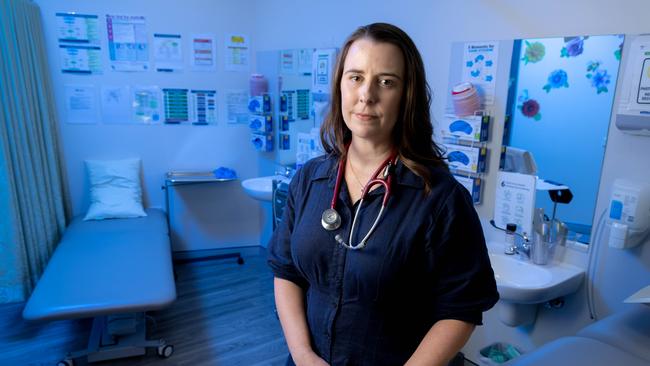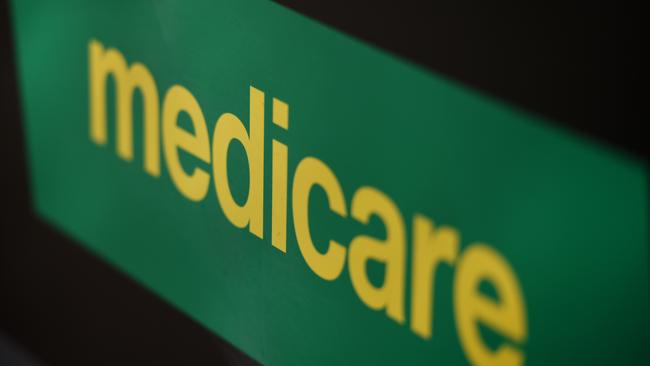Australian Medical Association propose $4.5bn plan to modernise Medicare and lift bulk billing
Doctors are calling for a $4.5 billion cash injection to overhaul Medicare and lift bulk billing rates by boosting the rebate for a standard GP appointment and properly funding longer consults.
Guides
Don't miss out on the headlines from Guides. Followed categories will be added to My News.
EXCLUSIVE
Doctors are calling for a $4.5 billion cash injection to overhaul the out-of-date Medicare system and lift bulk billing rates by boosting the rebate for a basic GP appointment and properly funding longer consults.
The Australian Medical Association (AMA) will today launch an ambitious pitch to “modernise” the health funding model by updating the rebates and types of “items” a doctor can bill for, arguing the current settings designed more than 40 years ago are no longer fit for purpose.
Currently Medicare rebates cover five different lengths of GP appointment ranging from six minutes to greater than 60 minutes long, with a maximum rebate of $197.90.

For the common short GP visit of between six and 19 minutes, the rebate is $42.85.
Under the AMA’s proposal, there would instead be seven levels of appointment with a top rebate amount of $260.83 for consults that take longer than an hour.
Shorter visits of between six and 16 minutes would have a slightly higher rebate of $45.02, while a medium-length visit of 16 to 26 minutes would get $78.25.
The AMA has estimated the cost of reforming the basic rebate structure would be about $4.5bn over the next four years.
To address an expected shortfall of 10,600 GPs by 2031-32, the AMA has also proposed 500 extra training rotations in general practice for early career doctors and an additional 500 GP training places, at a cost of about $150m over the same period.
The organisation’s submission to modernise Medicare also requests about $185m to improve the salary and conditions of GPs in training, and a further $17.5m to cover the cost of collecting data from general practices to inform future funding and research.

AMA President Dr Danielle McMullen, who is also a practising GP, said the changes to Medicare items were urgently needed as the current system limited the capacity of doctors to provide longer consultations for chronic and complex conditions, which ultimately shifted the burden to costly, logjammed hospital emergency departments.
“Australians are crying out for a more modern Medicare system that supports them to access affordable general practice care,” she said.
Dr McMullen said the Medicare rebate system for GPs was developed decades ago when visits to the doctor were generally for one or two simple problems, but the structure of the rebate system had barely changed since the 1980s.
“Now we’re seeing an ageing population, more people with more than one health problem at a time, more mental health issues, and obviously the complexity of even treatments has increased,” she said.
“Every visit to the doctor, is more complicated than it was when Medicare was developed.”

Dr McMullen said the current rebate structure made it hard for GPs like herself to “keep the doors open” and also provide Australians with comprehensive care at a bulk billing rate.
She said while recent investment from Labor to boost the bulk billing incentive for children and pensioners had “stabilised” rates, Medicare “should be for everyone”.
“That’s why we think we need to invest in the underlying structure of Medicare to make sure that it is fit for purpose going forward,” she said.





